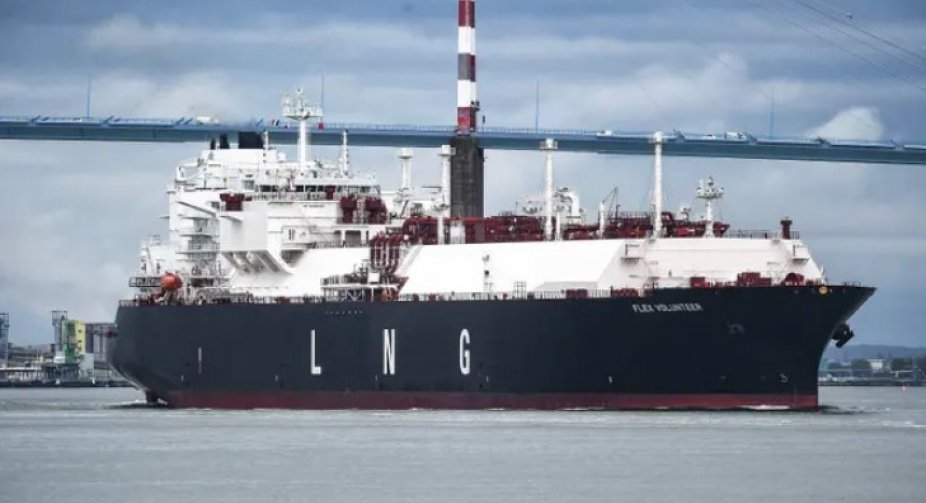More than a fifth of Russian liquefied natural gas entering Europe is shipped to other parts of the world, a practice that increases Russian revenues despite EU efforts to limit them in response to Russia's full-scale invasion of Ukraine. This is reported by the Financial Times.
Although contracts for the so-called transshipment of Russian LNG have been banned in the UK and the Netherlands, data for 2023 show that authorized shipments of Russian gas are regularly transshipped between tankers in Belgium, France and Spain before being exported to buyers on other continents.
Ship movements are crucial for Russia as it tries to make the best use of its Arctic fleet. The transshipment usually takes place between Russian "ice-class" tankers, which are used for transportation between the Yamal Peninsula and northwestern Europe, and conventional LNG tankers, which then head to other ports, freeing up the "ice-class" vessels to return north.
"The ports of Belgium, Spain and France still receive significant volumes from the Siberian Yamal LNG plant, whose largest shareholders are Novatek, Russia's second largest natural gas supplier, China National Petroleum Corporation and French energy company TotalEnergies.
More than 20% of Russian LNG is sold through EU ports - FT

Recommended News

More than a fifth of Russian liquefied natural gas entering Europe is shipped to other parts of the world, a practice that increases Russian revenues despite EU efforts to limit them in response to Russia's full-scale invasion of Ukraine. This is reported by the Financial Times.
Although contracts for the so-called transshipment of Russian LNG have been banned in the UK and the Netherlands, data for 2023 show that authorized shipments of Russian gas are regularly transshipped between tankers in Belgium, France and Spain before being exported to buyers on other continents.
Ship movements are crucial for Russia as it tries to make the best use of its Arctic fleet. The transshipment usually takes place between Russian "ice-class" tankers, which are used for transportation between the Yamal Peninsula and northwestern Europe, and conventional LNG tankers, which then head to other ports, freeing up the "ice-class" vessels to return north.
"The ports of Belgium, Spain and France still receive significant volumes from the Siberian Yamal LNG plant, whose largest shareholders are Novatek, Russia's second largest natural gas supplier, China National Petroleum Corporation and French energy company TotalEnergies.





